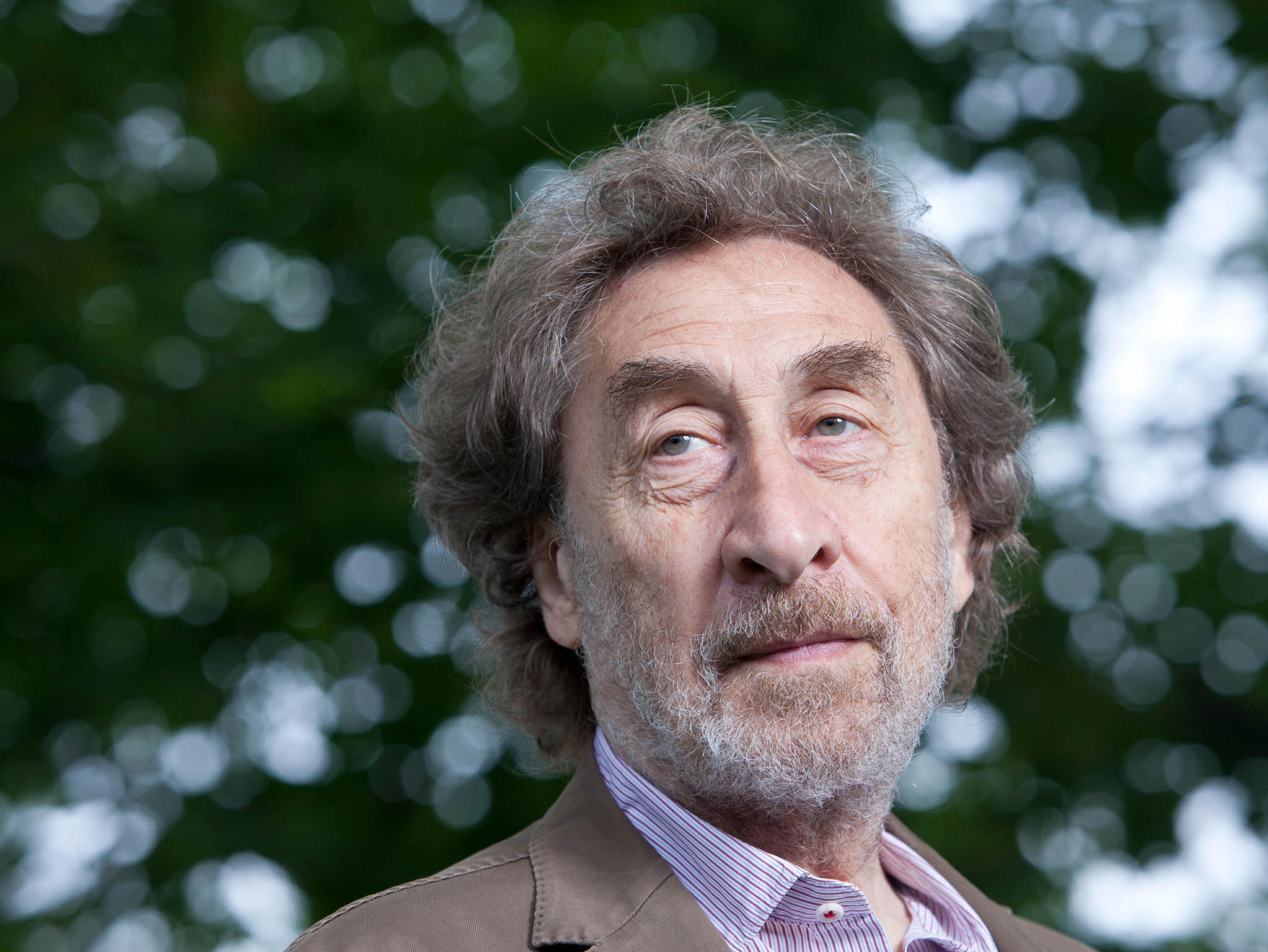Twitter will make children illiterate in 20 years, says novelist Howard Jacobson
'We will have children who can’t read, who don’t want to read... I can’t read any more as much as I used to. My concentration has been shot by this bloody screen'

Children will be illiterate within a generation due to the dominance of Twitter and other social platforms, a Booker prize-winning novelist has warned.
Howard Jacobson said the nature of communication had changed so dramatically with the emergence of social media and smartphones that young people are losing their desire to read books.
The British novelist and journalist told The Times that even he — a man who once liked nothing better than to curl up with “300 densely packed pages” of a late Henry James novel — could no longer focus on a book because his concentration had been “shot” by screens.
Within 20 years, he said, “we will have children who can’t read, who don’t want to read," adding: “I can’t read any more as much as I used to. My concentration has been shot by this bloody screen. I can’t do it now — I want space, I want white pages, light behind the page.”
Mr Jacobson, who won the Man Booker Prize for his 2010 novel, The Finkler Question, also warned that Twitter had played into the hands of Donald Trump, who used it to bypass the news channels favoured by “the metropolitan elite”.
The President’s claim in Nevada last year that he “loves the poorly educated” was wicked, the writer said, because its real meaning was: “I want you to stay uneducated”.
Figures show a decline in education standards across the Western world. The percentage of American adults who read literature was last year at its lowest level since records began in 1982.
Only 43 per cent had read at least one book in the previous year, according to the US Endowment for the Arts.
Figures also show that the amount of time youngsters are spending online has increased, with children aged five to 15 now spending an average of 15 hours a week on the web.
Mr Jacobson added that Twitter amounted to a platform “almost exclusively of statement”, which enabled the likes of Mr Trump to make exploratory and unproven claims that people will then perceive to be fact.
“There are many good statements in the world, but much of the best part of thought and conversation isn’t statement, it’s exploration, inquiry, irony,” the novelist said. “It’s feeling something out. You can’t feel anything out anymore — [people] think you are saying what you mean.”
It comes after a US study found that rates of loneliness amongst teens have soared and there has been a worrying decrease in mental wellbeing since the 2007 launch of the iPhone.
The number of teenagers spending time with friends nearly everyday dropped by more than 40 per cent between 2000 and 2015.
The Children’s Commissioner for England recently warned parents to stop their children from “bingeing” on social media, comparing consuming time online “like junk food”.
Use of social media sites among children has also, however, been promoted as a way of building up their resilience. A recent report by the Education Policy Institute (EPI) found that using social media helped children to develop their social skills, collaborate better with peers, and access help and emotional support more easily.
Join our commenting forum
Join thought-provoking conversations, follow other Independent readers and see their replies
Comments
Bookmark popover
Removed from bookmarks